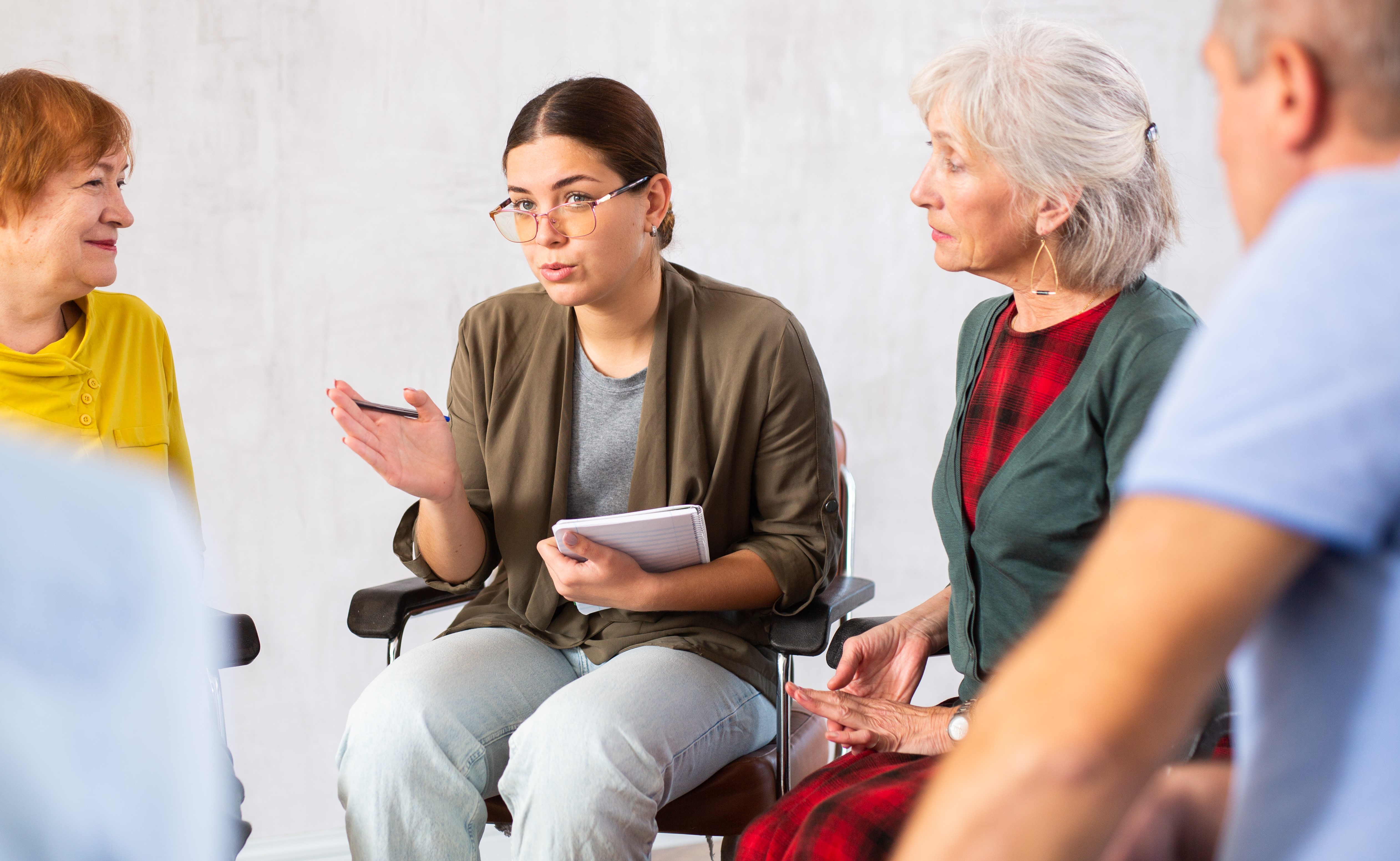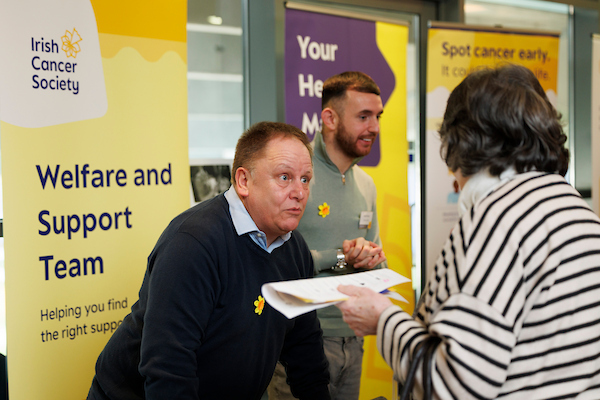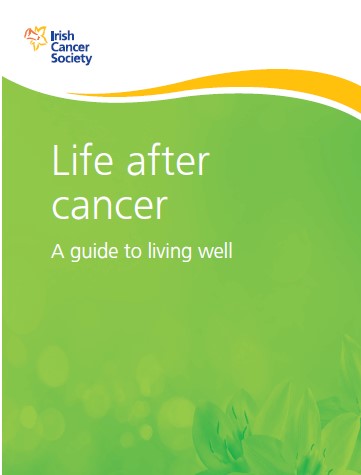Bowel (colorectal) cancer
After treatment
What follow-up do I need?
After your cancer treatment has ended you will still need to have regular check-ups. This is called follow-up.
Follow-up usually involves seeing your doctor and having tests such as a physical exam, X-rays, scans, colonoscopies and blood tests.
If you had surgery, your first visit might be 2–6 weeks afterwards. At first you will see your doctor quite often, sometimes every 3 to 6 months, especially for the first 2 years. The follow-up will continue for at least 5 years. In general, if the cancer has not returned after 5 years, you are considered cured.
If there is a genetic link to your bowel cancer, you might like to talk to your doctor about getting other family members screened.
Make sure you understand your follow-up plan and have a phone number to contact if you have any queries.
Ask any questions you have, and to let your doctor know if you are having any problems. Tell them about any new symptoms, aches or pains you have, or if you are finding it hard to cope. It can help to write down what you want to say beforehand, so you don’t forget anything.
If you are between check-ups and have a symptom or problem that is worrying you, call your specialist nurse for advice or to arrange an earlier outpatient appointment if necessary.
If you become suddenly unwell and can’t contact your specialist nurse or hospital team, go to your GP or the emergency department at the hospital.
If you have pain or tenderness in your tummy area (abdomen) or vomiting, let your medical team know straight away. It could be caused by a blockage in your bowel, which will need to be treated as soon as possible.
Why follow up is important
It’s important to go to your follow-up appointments so your doctor can check for signs of the cancer coming back (recurrence) and help with any side-effects that you may have. They can also check for new side-effects that may develop after you have finished treatment. It is best to be aware of these as early as possible so that suitable treatment can be given.
Life after treatment
The end of treatment is a time when people often expect to feel relieved, happy and able to get on with life again, but it can take some time to adjust and for your body and mind to recover.
We have information to help you with:
- Side-effects
- Your feelings after treatment
- Living a healthy lifestyle
- Financial and practical matters
LACES after-treatment workshop

Join our Life and Cancer – Enhancing Survivorship (LACES) programme when you have finished treatment or started maintenance therapy.
This workshop covers topics such as diet, exercise, wellbeing, finance and self-management and gives information on support and services to help you.
What if the cancer comes back?
Sometimes cancer does come back, even after successful treatment. Cancer cells may remain in your body and grow again, although your doctors do all they can to prevent this.
If cancer does come back, it can often be treated again. Your cancer doctor will advise you on what your treatment options are.



Talk to a Cancer Nurse

Support Line
Our Daffodil Centres


